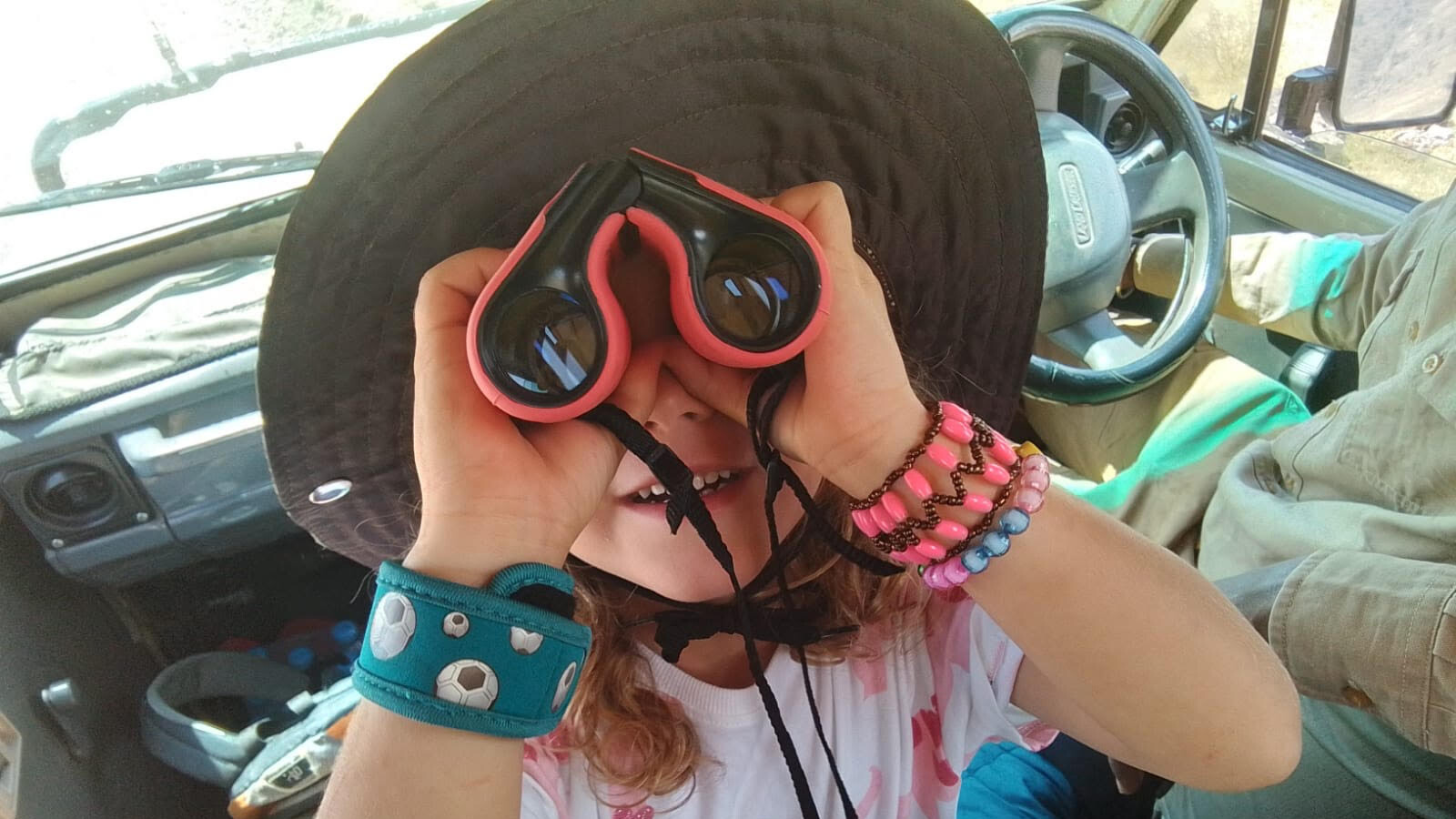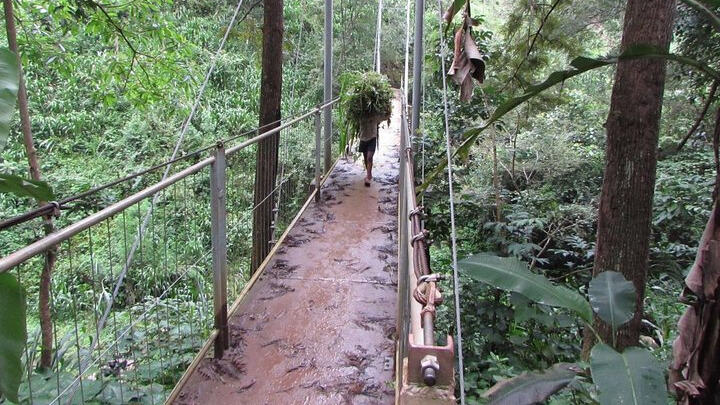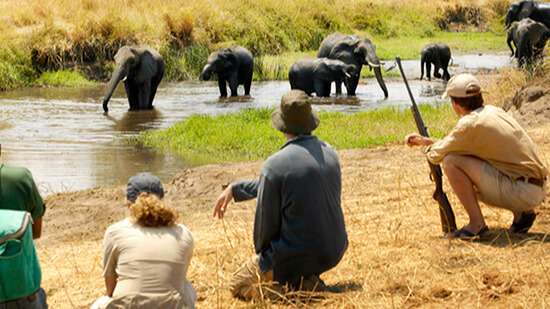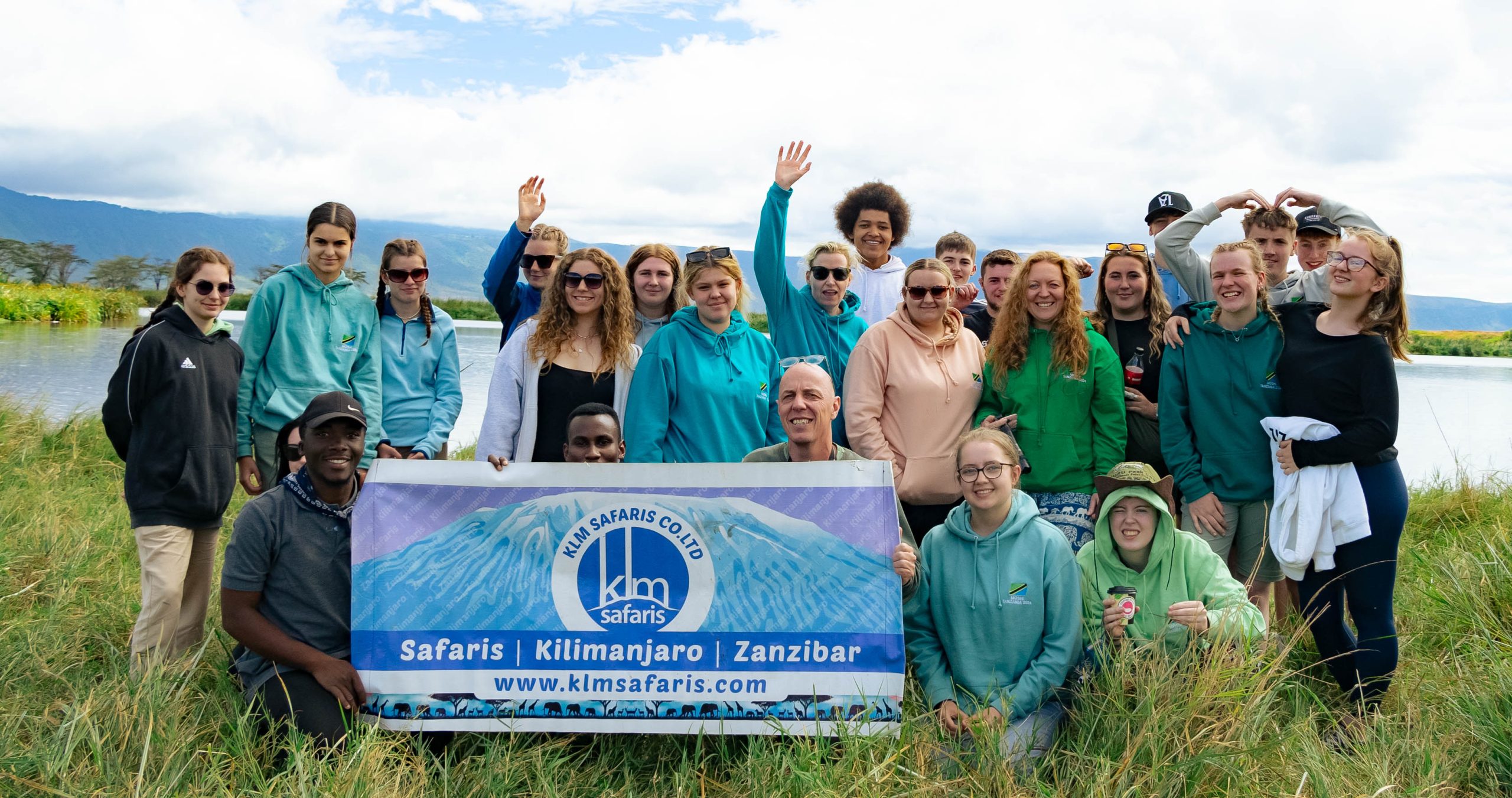Tanzania boasts rich biodiversity, featuring a diverse range of flora and fauna across its breathtaking landscapes. It is home to world-renowned landmarks such as Mount Kilimanjaro, Serengeti National Park, and the Ngorongoro Crater. These natural wonders attract visitors worldwide, emphasizing the need for their conservation to preserve their beauty and ecological integrity.
Despite its rich natural resources, Tanzania faces significant environmental challenges, including deforestation, wildlife poaching, soil erosion, and the impacts of climate change. Environmental conservation volunteering offers individuals the opportunity to contribute to the protection of Tanzania’s ecosystems, wildlife, and communities. By supporting conservation initiatives, sustainability efforts, and environmental education, volunteers play a vital role in safeguarding the planet for future generations.
This volunteering opportunity is open to anyone passionate about nature, including students, professionals, and retirees. No experience is require, just a desire to make a difference. Join us in preserving Tanzania’s ecosystems and wildlife for a sustainable future.








KLM Safaris Internship Opportunity - Online Tourism Marketing and Content Creation